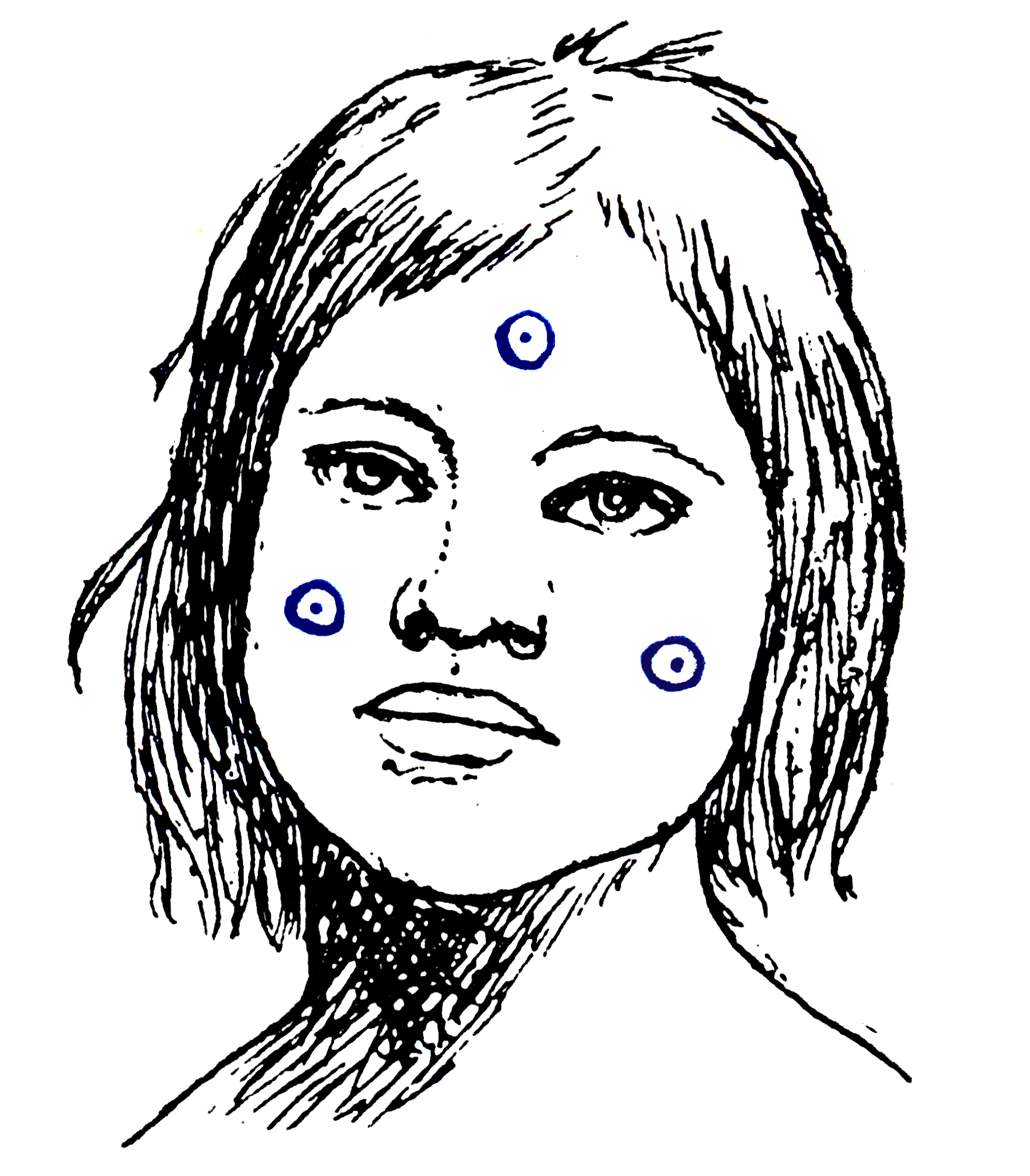|
Capitán Juan Pagé
Capitán Juan Pagé is a village and rural municipality in the Rivadavia department in Salta Province in northwestern Argentina Argentina (), officially the Argentine Republic ( es, link=no, República Argentina), is a country in the southern half of South America. Argentina covers an area of , making it the second-largest country in South America after Brazil, th .... The village had 250 inhabitants (2010), most of which are Wichi. References Populated places in Salta Province {{Salta-geo-stub ... [...More Info...] [...Related Items...] OR: [Wikipedia] [Google] [Baidu] |
Provinces Of Argentina
Argentina is subdivided into twenty-three federated states called provinces ( es, provincias, singular ''provincia'') and one called the autonomous city (''ciudad autónoma'') of Buenos Aires, which is the federal capital of the republic ( es, Capital Federal, links=no) as decided by the National Congress of Argentina, Argentine Congress. The provinces and the capital have their own constitutions, and exist under a federalism, federal system. History During the Argentine War of Independence, War of Independence the main cities and their surrounding countrysides became provinces though the intervention of their Cabildo (council), ''cabildos''. The Anarchy of the Year XX completed this process, shaping the original thirteen provinces. Jujuy Province, Jujuy seceded from Salta Province, Salta in 1834, and the thirteen provinces became fourteen. After seceding for a decade, Buenos Aires Province accepted the 1853 Constitution of Argentina in 1861, and its capital city was made ... [...More Info...] [...Related Items...] OR: [Wikipedia] [Google] [Baidu] |
Salta Province
Salta () is a province of Argentina, located in the northwest of the country. Neighboring provinces are from the east clockwise Formosa, Chaco, Santiago del Estero, Tucumán and Catamarca. It also surrounds Jujuy. To the north it borders Bolivia and Paraguay and to the west lies Chile. History Before the Spanish conquest, numerous native peoples (now called Diaguitas and Calchaquíes) lived in the valleys of what is now Salta Province; they formed many different tribes, the Quilmes and Humahuacas among them, which all shared the Cacán language. The Atacamas lived in the Puna, and the Wichís (Matacos), in the Chaco region. The first conquistador to venture into the area was Diego de Almagro in 1535; he was followed by Diego de Rojas. Hernando de Lerma founded San Felipe de Lerma in 1582, following orders of the viceroy Francisco de Toledo, Count of Oropesa; the name of the city was soon changed to "San Felipe de Salta". By 1650, the city had around five hundred inhabitan ... [...More Info...] [...Related Items...] OR: [Wikipedia] [Google] [Baidu] |
Departments Of Argentina
Departments ( es, departamentos) form the second level of administrative division (below the provinces), and are subdivided in municipalities. They are extended in all of Argentina except for the Province of Buenos Aires and the Autonomous City of Buenos Aires, the national capital, each of which has different administrative arrangements (respectively ''partidos'' and ''comunas''). Except in La Rioja, Mendoza, and San Juan Provinces, departments have no executive authorities or assemblies of their own. However, they serve as territorial constituencies for the election of members of the legislative bodies of most provinces. For example, in Santa Fe Province, each department returns one senator to the provincial senate. In Tucumán Province, on the other hand, where legislators are elected by zone (Capital, East, West) the departments serve only as districts for the organization of certain civil agencies, such as the police or the health system. There are 377 departments in all ... [...More Info...] [...Related Items...] OR: [Wikipedia] [Google] [Baidu] |
Rivadavia Department, Salta
Rivadavia is a department of the province of Salta (Argentina Argentina (), officially the Argentine Republic ( es, link=no, República Argentina), is a country in the southern half of South America. Argentina covers an area of , making it the second-largest country in South America after Brazil, th ...). References Departments of Salta Province {{Salta-geo-stub ... [...More Info...] [...Related Items...] OR: [Wikipedia] [Google] [Baidu] |
Argentina
Argentina (), officially the Argentine Republic ( es, link=no, República Argentina), is a country in the southern half of South America. Argentina covers an area of , making it the second-largest country in South America after Brazil, the fourth-largest country in the Americas, and the eighth-largest country in the world. It shares the bulk of the Southern Cone with Chile to the west, and is also bordered by Bolivia and Paraguay to the north, Brazil to the northeast, Uruguay and the South Atlantic Ocean to the east, and the Drake Passage to the south. Argentina is a federal state subdivided into twenty-three provinces, and one autonomous city, which is the federal capital and largest city of the nation, Buenos Aires. The provinces and the capital have their own constitutions, but exist under a federal system. Argentina claims sovereignty over the Falkland Islands, South Georgia and the South Sandwich Islands, and a part of Antarctica. The earliest recorded human prese ... [...More Info...] [...Related Items...] OR: [Wikipedia] [Google] [Baidu] |
Wichí
The Wichí are an indigenous people of South America. They are a large group of tribes ranging about the headwaters of the Bermejo River and the Pilcomayo River, in Argentina and Bolivia. Notes on designation This ethnic group was named by the English settlers and is still widely known as Mataco. The etymology of the term is obscure but in several sources, it is cited that the Wichí find the term derogatory. Among the group exists a folk etymology for this term, which relates it to the Spanish verb ''matar'', to kill. Thus their preferred name, their own word for themselves, is Wichí, pronounced , and their language, ''Wichí Lhamtés'' . There is a pronunciation variant in some areas of Bolivia, , where the self-denomination of the group is Weenhayek wichi, translated by Alvarsson (1988) as "''the different people''" (pl. ''Weenhayey''). Weenhayey informers of Alvarsson state that the old name was Olhamelh (), meaning simply ''us''. The subgroups within Wichí have been ide ... [...More Info...] [...Related Items...] OR: [Wikipedia] [Google] [Baidu] |

